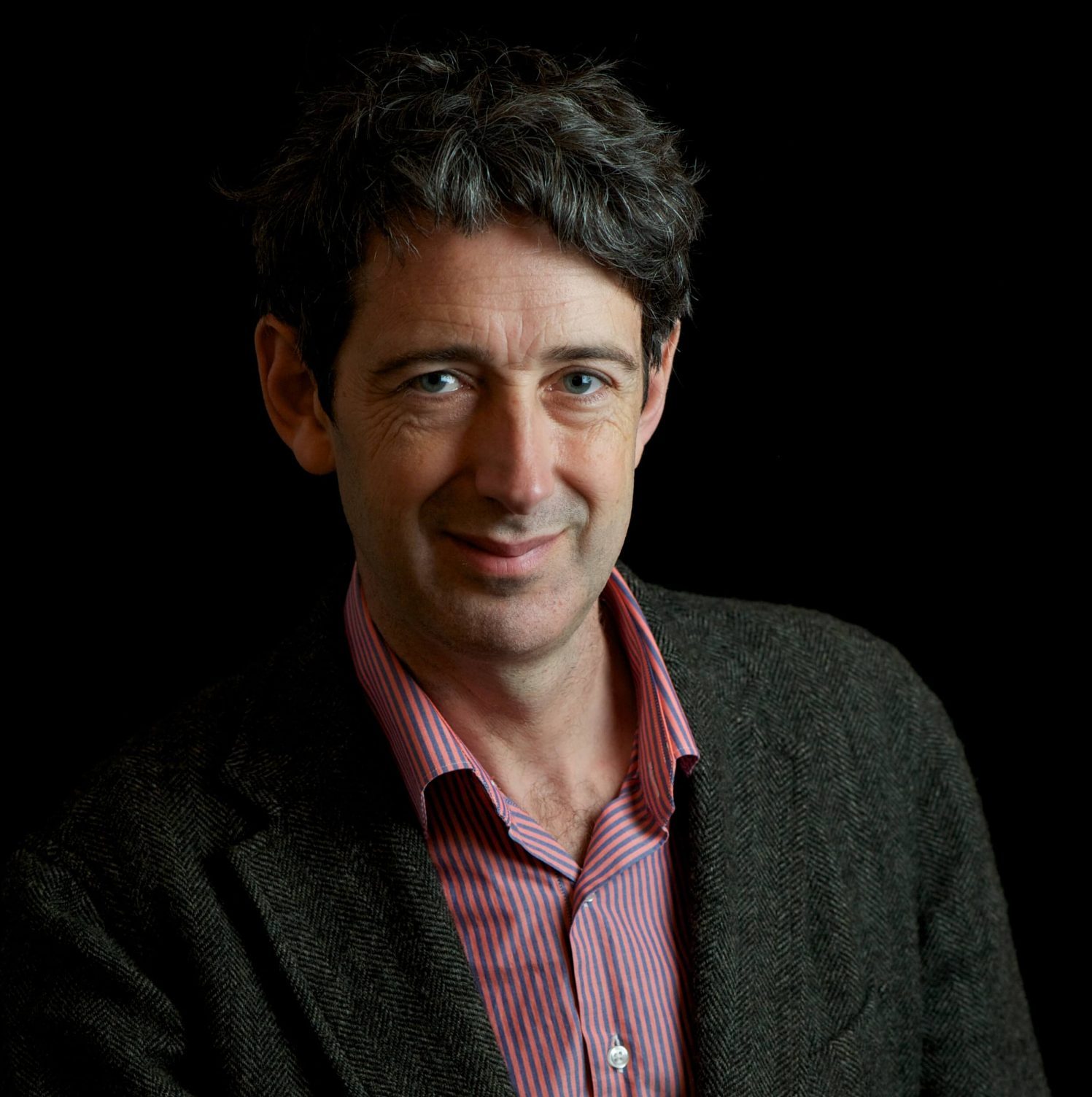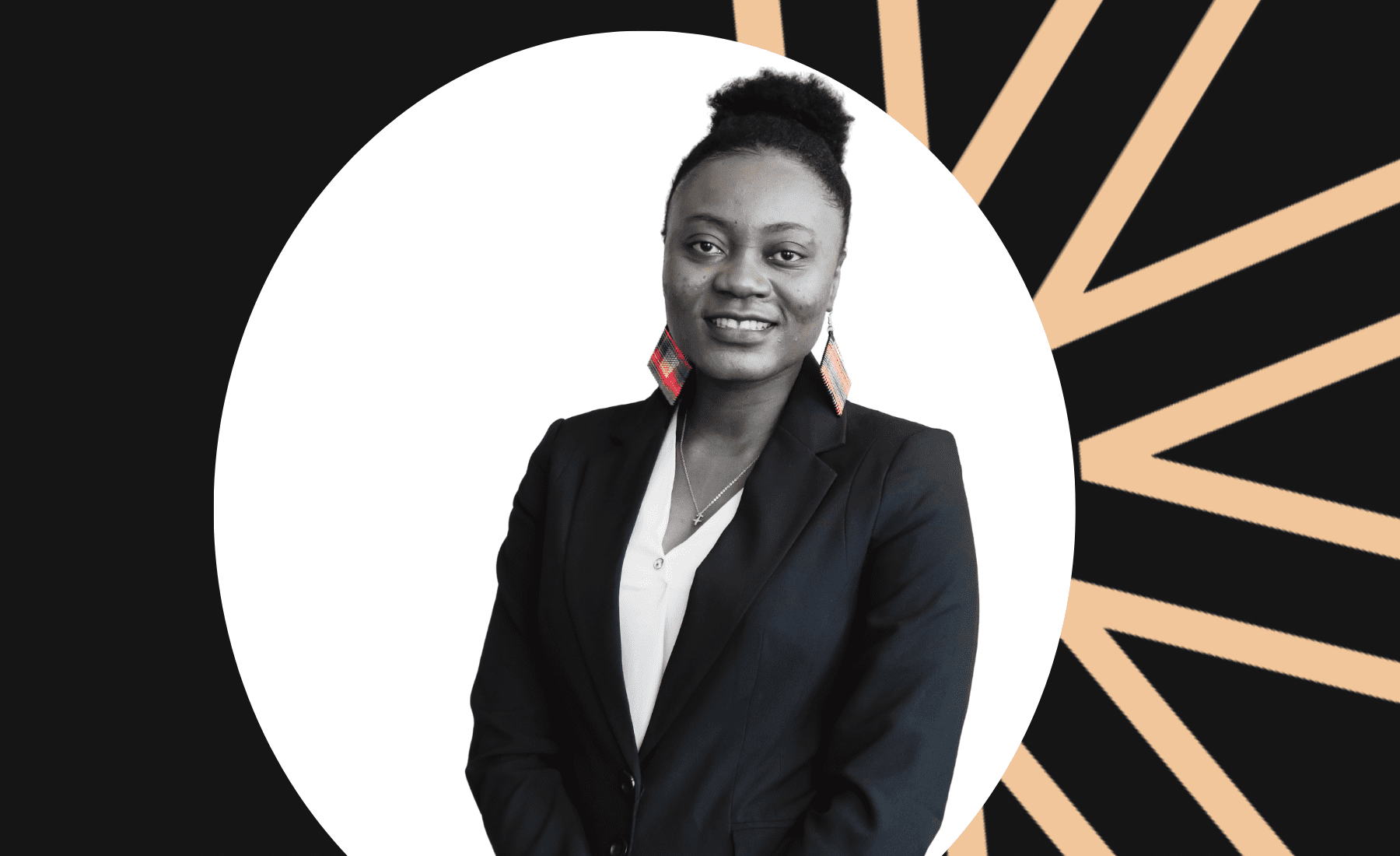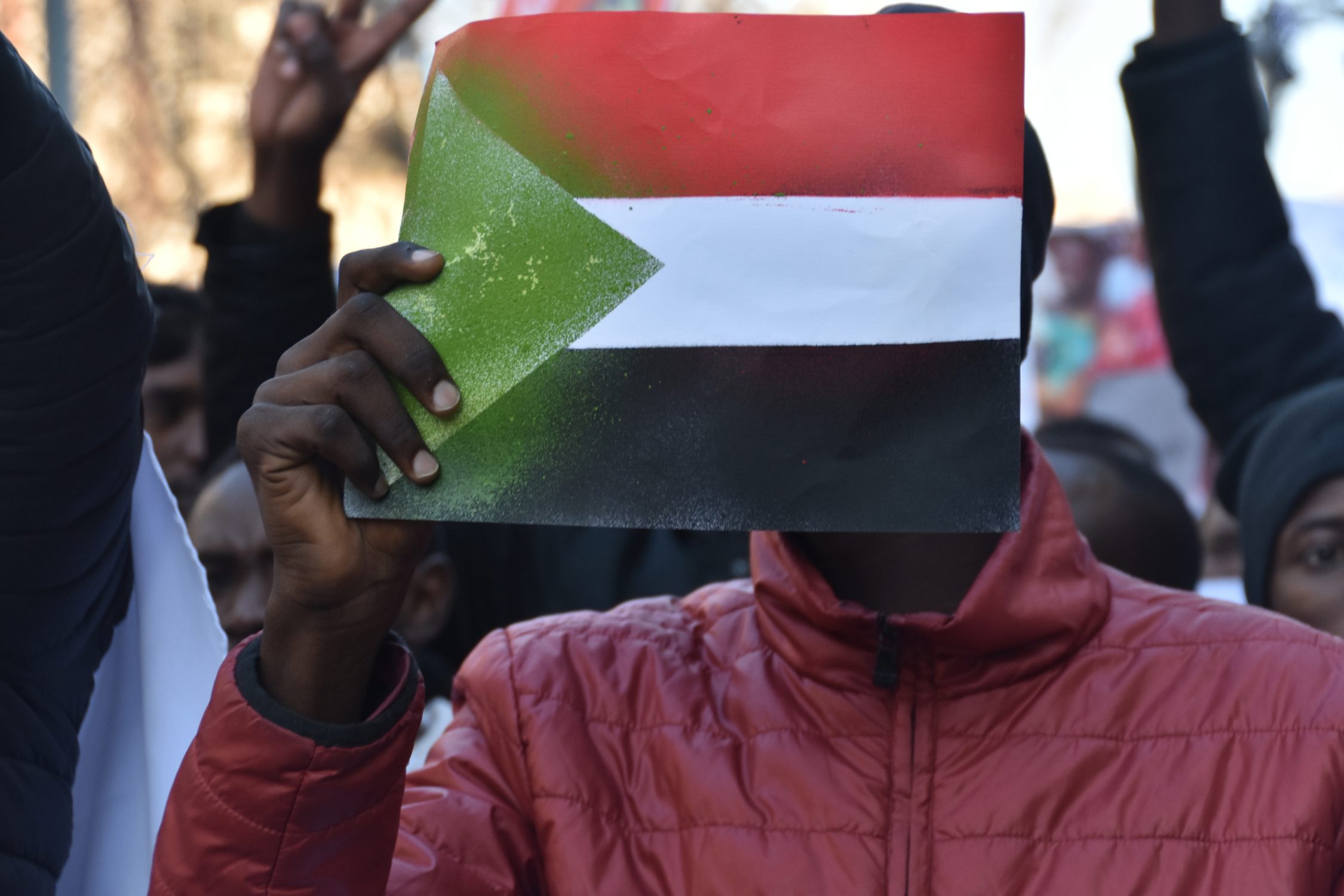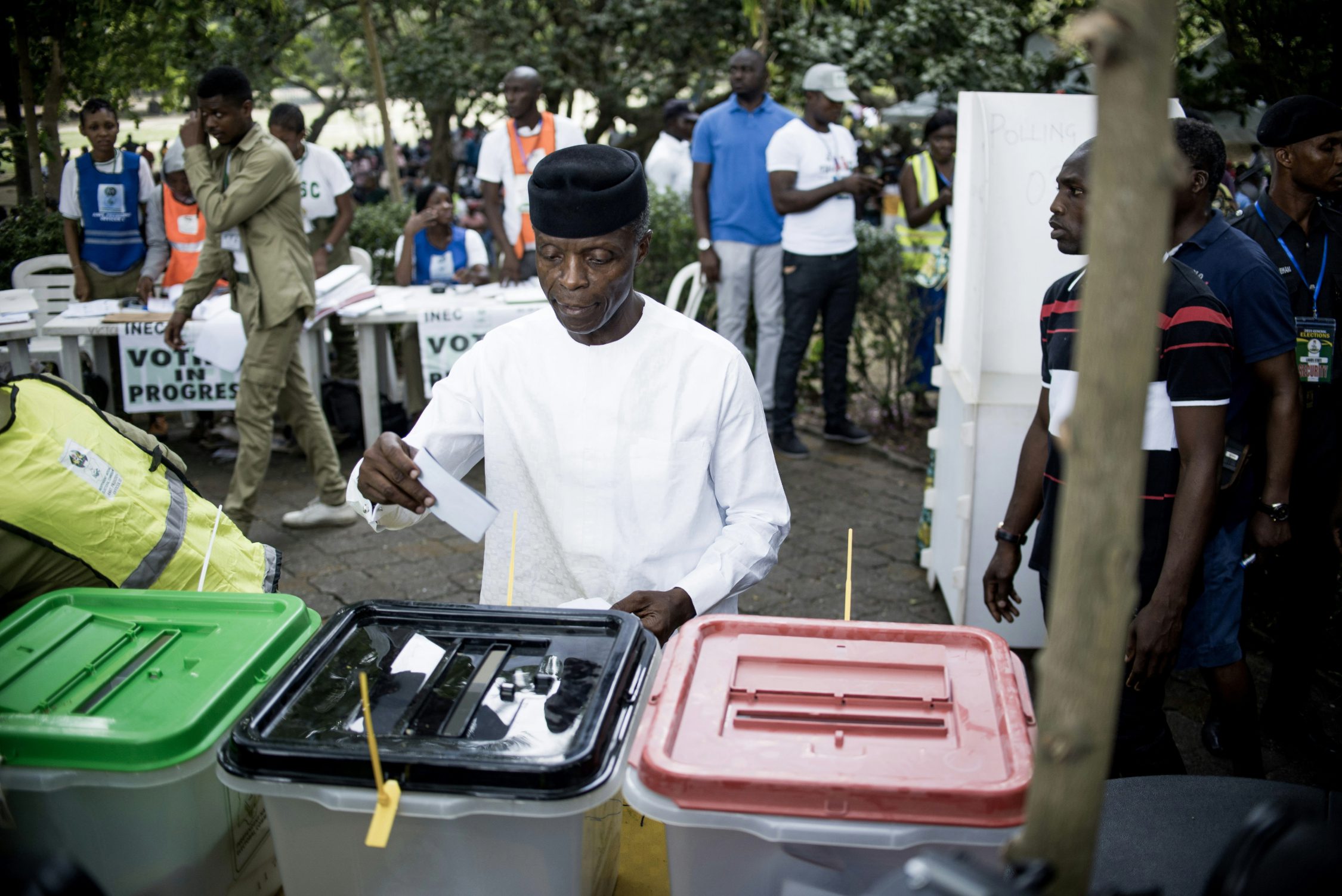This interview was originally posted on February 13, 2021 at The Reporter Ethiopia.
Host Tewedaj Sintayehu speaks with Alex de Waal on his relationship with the TPLF, their miscalculations, the humanitarian crisis in Tigray, and criticisms made against him. Below are excerpts from the article.
The Reporter: Your interest in East Africa came after you worked on human rights-related issues in the mid-1980s. So tell me about that period of your life?
Alex: Actually my engagement started on the issue of refugees. I was a student at Oxford University in the 1980s. And at that time in the mid-1980s, the intellectual Center for work on Refugee and humanitarian issues was the University of Khartoum. So for anybody who was really interested in doing research on those issues in Africa, one of the main places they would go to was Sudan. So in 1984, I went to Sudan to do the research for my PhD on humanitarian issues. And I worked in Darfur. During the course of my research, I became very interested in how armed conflict created famine both in Sudan, especially South Sudan and Ethiopia. And in 1988 as part of this research, I crossed the border from Sudan into Ethiopia and spend time with the TPLF investigating the ways in which the conduct of the wall by the then Ethiopian government of Mengistu Hailemariam was worsening the problems of food insecurity and creating famine; and I wrote extensively on this topic. It was two things that contributed to my career. First of all, I was introduced to some of the leaders of TPLF, notably the late Meles Zenawi whom I met in the field in 1988 and whom I debated with extensively. It was very interesting experience not only to be in the Warzone but to see how seriously the leadership of TPLF, the EPRDF was not founded at that time, engaged in academic and theoretical discussions.That also led me into the field of Human Rights. So I was very interested but my entry point for Human Rights was how human rights abuses caused food insecurity and famine.
The Reporter: So had the chance to meet TPLF leaders. How did that come about? How did you meet them for the first time and what sort of theoretical and academic discussions were you engaged in?
Alex: It came about more or less accidentally because I crossed the border from Sudan at night in 1988 on the mission just to do research into food insecurity and agricultural rehabilitation in the TPLF areas. And the people I was in contact with were the humanitarians only within the TPLF controlled areas – the relief society of Tigray (REST), Teklewoine Assefa in particular. But it so happened that after crossing the border, I traveled overnight for several nights because all movement back then was at night because of the daily aerial flights and bombardments by the Ethiopian air force. So I go on the back of the same track as several members of the central committee including the late Seyoum and the late Meles. And the first and most of the discussions I had were on my own specialist topic which was starvation and famine. And we debated extensively; in fact, we didn’t agree on many things. There were some things we agreed on and some things we disagreed on. But I found it very interesting to be able to have that extent of discussion. The discussion ranged much more widely into issues of the conduct of the war, the way they treat prisoners-of-war, the issues of Justice because they were confident at that stage that they would win and what they would do with those senior members of the Dergue regime whom they expected to overthrow, what they would do when they took power and also issues because I was a Social Anthropologist, about ethnic identity and how they would handle the claims of other ethnic groups including those that were in the areas they controlled at that time. So they were beginning to have these discussions about how they would handle the issue of ethnicity and what a potential federation would be like.
The Reporter: So what were the conversations about ensuring equal rights for all nationalities like?
Alex: I think the TPLF grew out of the Ethiopian student movement of the 1970s and as we all know and there were very vigorous debates within that Revolutionary movement about the nature of ethnic identity. The way they preferred to formulate it was not as an ethnicity but as Nations and nationalities and this was a very unusual formulation for the late 20th century because it drew upon the formulation that the Marxist-Leninist developed in Russia in the early part of the twentieth century. That had strength and weakness. The strength was that it formulated ethnic identity around the concept of a nation and the nation was something constituted by history – wasn’t something that was fixed or primordial or inherited from ancestors. It was shaped by politics, by economics, by the forces of history. And the weakness of that was that in its application, it ended up fixing what a nation would be by circumscribing in political and administrative terms what a nation would actually look like. So as it were, stopping history at a point at which you recognize the rights of different ethnic groups. And this was an ongoing debate that I had over the subsequent years with not only the EPRDF leaders but the Oromos too. One of the key drafters of the charter that was drawn up in 1991 was the Oromo leader Lencho Leta whom I got to know, in fact, years later. He was very influential in formulating the map of Ethiopia and the rights that nationalities including, especially, the Oromo possessed. Lencho, as we all know, fell out with the EPRDF. He said the way in which the charter was being implemented was not Democratic. It was not actually absorbing. It was not allowing the Oromo people in particular but the people in general to choose their own representatives and he was very critical of the TPLF for having formed the OPDO. He described the OPDO as prisoners of TPLF and that the OPDO administration of the Oromo areas is making the Oromo people into prisoners of prisoners. Now, the time when I went to Tigray in 1988, this was all in the future, there was still a debate going on about how they would engage with the Oromos. And by the time I was there, they hadn’t formed the OPDO and if they had taken the decision to form it, they didn’t tell me; but they were still in discussions with the OLF about forming an alliance. Had that happened, I think the modern history of Ethiopia might have been very different.



